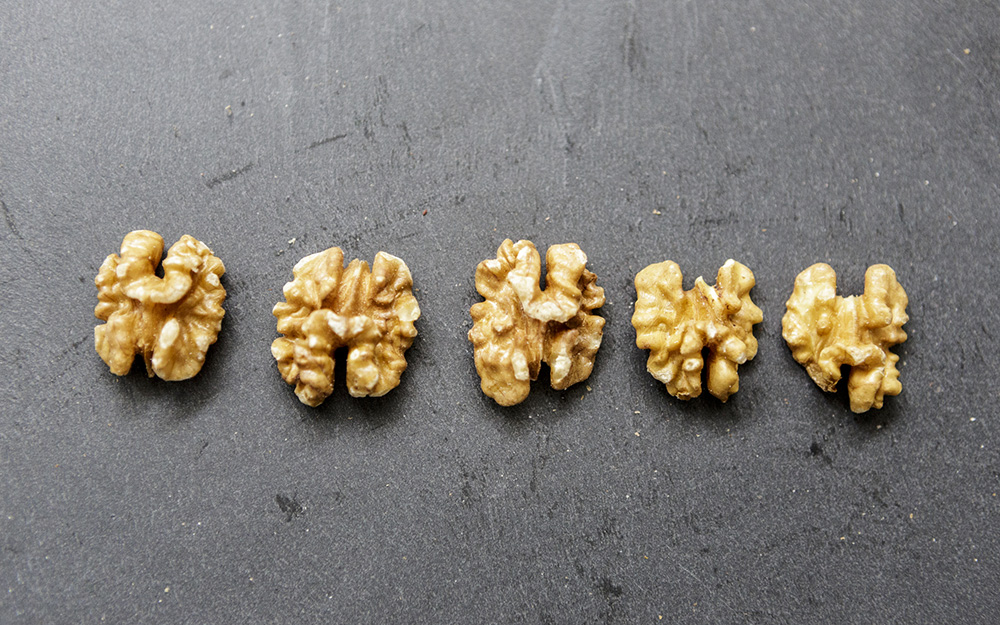Snip or Skip: Helping Parents Decide the Circumcision Question
Date
February 17, 2023

Date
February 17, 2023
Credits
Medical providers featured in this article
In Brief
{{cta-block}}
Parenting often comes down to making a judgment call based on the best information available in the moment. Circumcision is one of those decisions—and one parents act on shortly after holding their newborn for the first time.
When dispassionately and scientifically weighing the risks and benefits of circumcision, experts say they’re close to even—which solidly leaves the call to circumcise in the hands of parents.
"There are some minimal benefits and some minimal risks. There’s not enough benefit to say that you must do it, and there’s not enough risk to say you can never do it."
"No one cares about babies more than their parents do, and no one is more invested in making the right decision for them," says Dr. Paul Kokorowski, a pediatric urologist at Cedars-Sinai Guerin Children’s. "My role as a urologist is to give parents all of the facts, answer their questions and help them make the best choice they can."
{{providers}}
Factors that inform parents' decision-making
Since 2012, the American Academy of Pediatrics (AAP) has followed a policy statement that argues the medical benefits outweigh the risks of circumcision. However, it stops short of being a recommendation of the procedure. (AAP policies expire after five years. The policy statement on circumcision, which expired in 2017, remains the most recent guidance from AAP on this subject.)
"There’s no right or wrong answer," says Dr. Andrew Freedman, a Guerin Children’s pediatric urologist who served on the task force that drafted the AAP policy.
"There are some minimal benefits and some minimal risks. There’s not enough benefit to say that you must do it, and there’s not enough risk to say you can never do it."
Because the medical pros and cons are minimal, social factors play important roles in parents’ decision-making.
"It’s important to know why it is that you would like to have a circumcision performed," Dr. Kokorowski says. "There are cultural and religious considerations that are the reasons why some families feel it’s the right choice for them. For others, they weigh the factors and decide they would prefer not to circumcise."
Potential medical benefits
Some research indicates there may be medical benefits to circumcision, though both Dr. Kokorowski and Dr. Freedman underscore that they’re marginal.
- Circumcised children have a slightly lower risk of urinary tract infection (UTI), though the risk of an uncircumcised child having a UTI in the first year of life is also quite low: 1%.
- The procedure slightly lowers risk of penile cancer, which is already a rare cancer in the U.S.
- It can prevent foreskin infections and phimosis, a condition where the foreskin cannot be pulled back.
- Circumcision can lead to a lower risk of some sexually transmitted infections, including HIV. However, it is much less effective against the STIs common in the U.S., and the HIV risk reduction is minimal.
Medical reasons to not circumcise
Like the benefits, the risks are small but worth considering carefully.
- Complications from circumcision surgery are rare, but like all surgeries, there are some risks—including bleeding, infection and injury to the penis or urethra.
- Meatal stenosis is a rare condition that occurs when the opening at the end of the penis narrows and becomes too small, and usually only happens in circumcised men. The condition is usually addressed with surgery.
- The foreskin is sensitive, and in adulthood, some are distressed and even angry that theirs was removed.
- Learning proper hygiene and health habits can often lower the risk of infections, diseases and other conditions that might have been avoided with circumcision.
The consensus among doctors is that parents are the appropriate individuals to make this decision for their children, taking into consideration all the medical information and personal concerns that are important to them.







